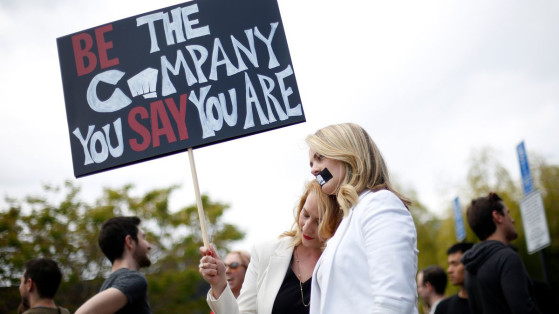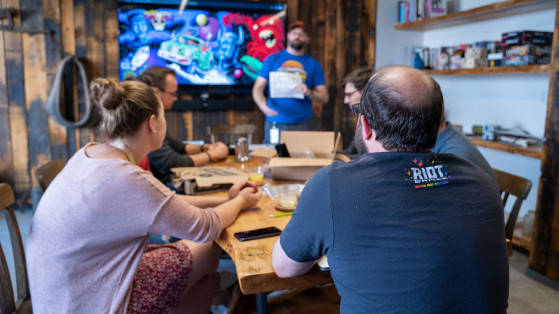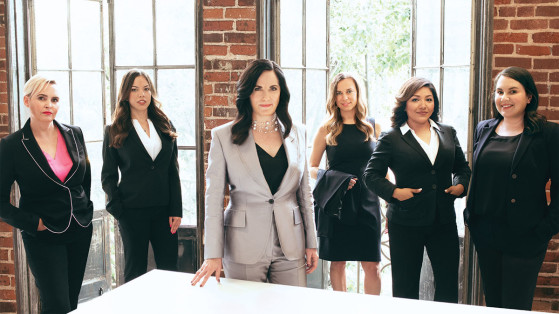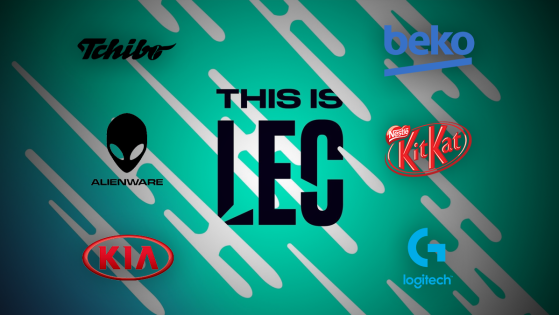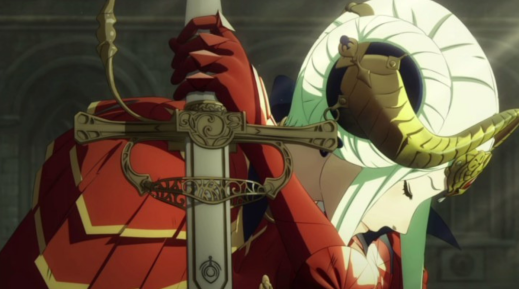Credit: Maxwell/Los Angeles Times
In August 2018, Kotaku published “Inside The Culture Of Sexism At Riot Games,” a study into the discriminatory practices employed within the League of Legends developer’s California base.
In November of that same year, two women issued Riot Games with a class action lawsuit, which currently features 1,000 claimants who have worked with the company since 2014. The main goal of their lawsuit: to denounce the culture of sexism within the company and highlight the violation of the California Equal Pay Act, a state law that ensures equal pay between genders.
At Riot HQ in Los Angeles, a 150-man employee strike rocked the company in May 2019. Rioters walked out in protest of the mandatory arbitration clause included in their contracts in case of litigation. This clause is generally favourable to employers and doesn’t allow for employees to hold their company responsible for their actions. The institutionalisation of this clause has most notably driven Google, Facebook, and Uber to revoke the practice when dealing with cases of workplace harassment.
Not long after this walkout, Riot Games put out a press release announcing that they had reached a settlement.
This agreement between the two parties came shortly before the New Year, with Riot agreeing to a $10 million payout to be divided out between plaintiffs. During this process, the aggrieved party were represented by Rosen & Saba, with the law firm directly leading negotiations with Riot.
However, the intervention of two governmental agencies at the end of January called the deal into question, according to the Los Angeles Times. The Department of Fair Employment and Housing (DFEH) and the Division of Labour Standards Enforcement (DLSE), both acting as regulators, questioned the amount of compensation paid out to the claimants, instead valuing the complainants' damages and interests at $400 million in their report.
A possible collusion
According to the DFEH, Riot Games sought to “minimise” the sum of the compensation paid out to the claimants. In addition, the DFEH highlighted the fact that “no executive changes in workplace policy were featured in the settlement, even though the company was implicated in accusations of sexism.”
The DLSE went as far as to request the ability to officially intervene in discussions after noticing that the proposed agreement provided Riot Games with a way to avoid taking responsibility for any infringements on its employees’ workplace conditions.
And as for the nine-figure sum put forward by the regulators, this is based on the fundamental wage gap within the company reported by both organisations. Through its spokesman Joe Hixson, Riot Games released court papers dubbing the findings of the DLSE as “scandalous” and “clickbait.”
“We are particularly dismayed that the filing downplays and ignores the efforts we have made with respect to diversity, inclusion, and culture over the past 18 months. We look forward to making our case to the Court,” announced the developer in a determined attempt to prove their good faith.
However, the accusations don’t end there. In its report, the DLSE made no hesitations in questioning the legal representation of the plaintiffs, who reportedly committed numerous irregularities. According to the Division of Labour Standards Enforcement, the law firm Rosen & Saba did not show “due diligence” during negotiations, a standard upheld by lawyers that includes a legal obligation to vigilance and information.
Instead, Rosen & Saba provided an advantage to Riot Games at the expense of their client, says the DLSE.
To make matters worse, the regulator’s findings have led to the arbitration process itself being called into question. The DLSE enquired into the possible existence of parallel agreements between Riot Games and Rosen & Saba, with the law firm working against their clients' interests. The DLSE points towards Rosen & Saba’s lack of experience as justification and goes as far as to highlight irregularities carried out during the process.
In response to these allegations, the law firm has strongly denied that collusion was a factor during their conciliation procedures with Riot Games. According to court documents, Riot Games claims that “The DFEH's accusation that Riot and plaintiffs colluded to quickly settle this matter in mediation is also a blatant mischaracterization.”
“We worked hard to negotiate with the lawyer representing the class to reach an agreement that we collectively believe is fair for the class members,” responded Joe Hixon in the LA Times. The Riot spokesperson continued, “Now [the] DFEH is trying to disrupt that agreement in a legal filing that is filled with inaccuracies and false allegations.
The reports from the DFEH and the DLSE have driven the claimants to change their approach. The class is now represented by Genie Harrison, a lawyer best known for her work with some of the Harvey Weinstein victims. “These brave women spoke out against gender inequality and sexism, and I want to make sure they are fairly compensated,” announced the lawyer.
A year to the day removed from their original article, which shone a light on the endemic “bro culture” present in Riot’s offices, Kotaku published an article titled “Riot Employees Say Company Has Made Real Progress Fixing Its Sexism Issues,” which acknowledged the real progress the developers have made in their fight against sexism in the workplace.
